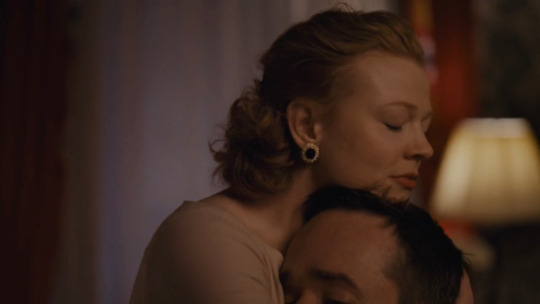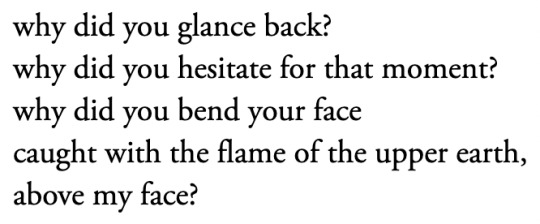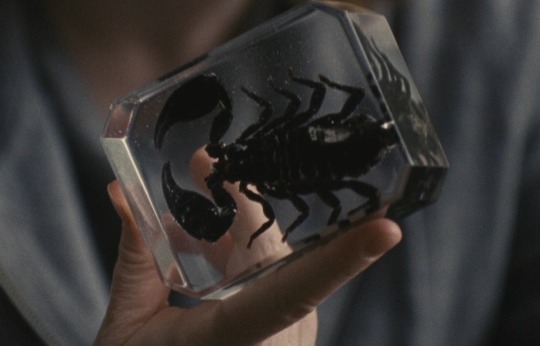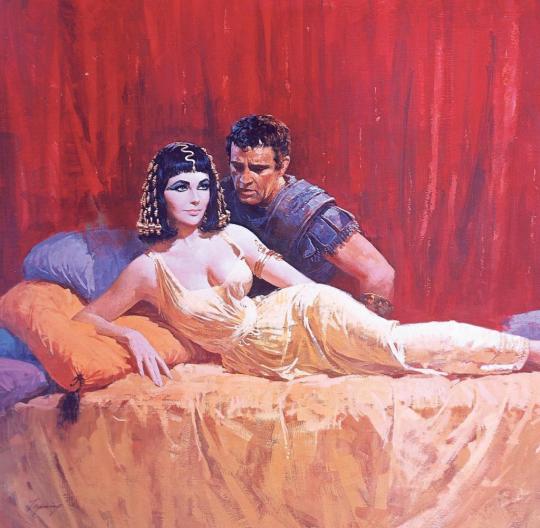#i wish i could have included a dido reference
Text







And they both drown...
Sources: Persuasion - Jane Austen, Eurydice - HD, Umbrella Academy)
#succession#shiv roy#tom wombsgans#tomshiv#succession spoilers#Hiiii#never done one of these before#sorry if its shit#the quotes are a bit random but i like them#i wish i knew more gut wrenching female rage poems#i wish i could have included a dido reference#omg the parallels of duty versus love and agency in suicide#and how shiv is pushed on by the ghost of her father#leaving behind tom who was on a path to power#but she has upstaged and undermined him#UGH#and the company is rome of course#web weaving
31 notes
·
View notes
Text
Cleopatra's Legacy
'I know, O queen, you can list a multitude of kindnesses you have done me. I shall never deny them and never be sorry to remember Dido while I remember myself, while my spirit still governs this body. Much could be said. I shall say only a little. It was never my intention to be deceitful or run away without your knowing, and do not pretend that it was. Nor have I ever offered you marriage or entered into that contract with you.’

Furious and despairing, Dido curses her former lover, then commits suicide rather than face life alone.
Parallels with the stories of Julius Caesar and of Antony are obvious. Dido, a woman who willingly enters into a pseudo-marriage and who is ultimately destroyed by her own guilt, is to be equated with Cleopatra. Virgil is, however, relatively sympathetic to Dido, whose life has been deliberately destroyed by the gods. Less sympathetic to Cleopatra is his anachronistic reference to Aeneas’s intricate shield, forged by Vulcan, which features Octavian’s victory at the battle of Actium:
On the other side, with the wealth of the barbarian world and warriors in all kinds of different armour, came Antony … With him sailed Egypt and the power of the East from as far as distant Bactria, and there bringing up the rear was the greatest outrage of all, his Egyptian wife! … The queen summoned her warships by rattling her Egyptian timbrels – she was not yet seeing the two snakes there at her back – while Anubis barked and all manner of monstrous gods levelled their weapons at Neptune and Venus and Minerva.
Faced with such a glorious image, Virgil’s readers might perhaps forget just how weak Octavian’s military record actually was.
The subversive Augustan poet Sextus Propertius writes longingly of his feisty mistress Cynthia. He, like Mark Antony, has been ensnared and to a certain extent emasculated by a powerful woman, and he is not afraid of admitting it. Answering the question, ‘Why do you wonder if a woman controls my life?’ he lists examples of famous, unnaturally dominating women, including the Amazon Penthesilea, Omphale, queen of Lydia, Semiramis and, of course, Cleopatra, ‘the whore queen of Canopus’. Later he provides a somewhat tongue-in-cheek tribute to Octavian and the battle of Actium. Clearly Propertius is aware of the irony of a Roman man celebrating a great victory over a mere woman, but, like Virgil before him, he sensibly sees no need to labour this delicate point. In this he is joined by his contemporary Horace, who is happy to reduce Cleopatra to the status of a madwoman drunk on power, yet who also gives a surprisingly sympathetic account of her death: ‘fiercer she was in the death she chose, as though she did not wish to cease being queen’. By restoring some of Cleopatra’s dignity, Horace actually makes her a more credible and worthy foe for Octavian.
#mark antony#cleopatra#marcus antonius#cleopatra vii#octavian#actium#rome#roman history#ancient rome#roman republic#roman empire#antony and cleopatra#egyptian history#ptolemaic egypt#elizabeth taylor#richard burton
7 notes
·
View notes